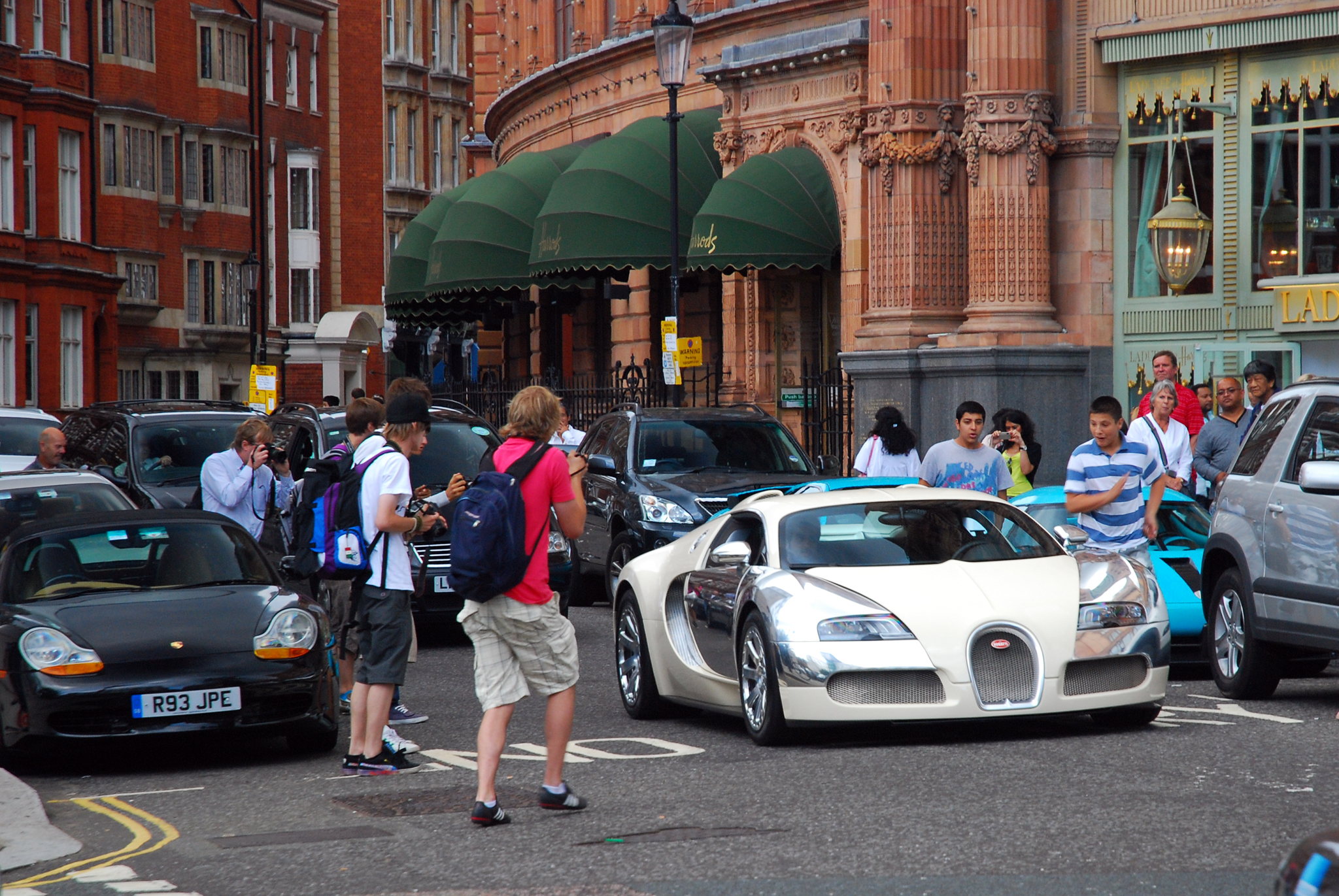|
Car Spotting (other)
Car spotting is the observing or photographing of interesting, vintage, rare, modified and supercars on public roads. Car spotting or carspotting may also refer to: *Car spotting (service), a railroad service *Car spotting (positioning), the precise positioning of a car *Car-spotting game, a roadtrip anti-boredom game *''Carspotting'', a List of ITV Studios programmes, Discovery Channel program {{disambiguation ... [...More Info...] [...Related Items...] OR: [Wikipedia] [Google] [Baidu] |
Car Spotting
A car spotter is a person who is typically strongly interested, in an amateur capacity, in car spotting, which is observing or photographing interesting, Vintage car, vintage, rare, Car tuning, modified, sports cars and exotic supercars.David Pierson"Chasing Exotic Cars Is Their Pursuit" ''Los Angeles Times'', May 17, 2006reprintedin ''San Francisco Chronicle'' May 26, 2006Car spotters : des passionnés “nourris” aux voitures de luxe Car spotting can be done almost anywhere, but car shows and rallies attract large numbers of carspotters. Spotters may post their shots on social media or dedicated carspotting websites. See also * Car culture * Street pho ...[...More Info...] [...Related Items...] OR: [Wikipedia] [Google] [Baidu] |
Car Spotting (service)
Car spotting is a service in rail transport Rail transport (also known as train transport) is a means of transport using wheeled vehicles running in railway track, tracks, which usually consist of two parallel steel railway track, rails. Rail transport is one of the two primary means of ... operations. A 1920 book on railroad freight defines the term as follows:Edgar Watkins (1920) "Shippers and Carriers of Interstate and Intrastate Freight"p. 429/ref> Spotting service is the service beyond a reasonably convenient point of interchange between road haul or connecting carriers , industrial plant tracks and includes: (a) One placement of a loaded car which the road haul or connecting carrier has transported, or (b) The taking out of a loaded car from a particular location in the plant for transportation by road haul or connecting carrier, (c) The handling of the empty car in the reverse direction. See also * Car spotting (positioning) References Rail transport operati ... [...More Info...] [...Related Items...] OR: [Wikipedia] [Google] [Baidu] |
Car Spotting (positioning)
Car spotting is precise positioning of a railroad car for loading/unloading. When a locomotive pulls a train of freight cars to a loading/unloading station, it approximately positions them with respect to freight handling equipment, since locomotives are not well-suited for precise positioning. Therefore, special systems (car spotters) are invented for car spotting. Systems that handle strings (trains) of cars to spot them one after another are known as car progressors or car indexers. a US patent description See also * *[...More Info...] [...Related Items...] OR: [Wikipedia] [Google] [Baidu] |
Car-spotting Game
A car-spotting game is one that is played during a car ride, especially a road trip, where occupants of a vehicle compete to be the first to spot a car of a certain description. Many variations exist around the world. The first to call a particular target either scores points which are tracked over the course of the journey, or they earn the right to lightly punch an opponent. Punch buggy Punch buggy (also called slug bug or punch dub) is a car-spotting game where players seek Volkswagen Beetles, calling "Punch buggy!" when they do so, in reference to the Beetle's nickname, the Bug. Once a car has been spotted and called out it cannot be used by another player. Traditionally the calling player also gently punches an opponent in the arm, but the game can also be played for points: spotting a Beetle earns the player a point, but making an incorrect call means that they lose a point and will get punched 3 times and it does not count if it is in a movie or show. The color of the B ... [...More Info...] [...Related Items...] OR: [Wikipedia] [Google] [Baidu] |
